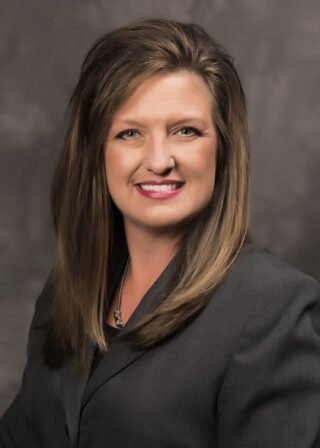HOME | ABOUT US | MEDIA KIT | CONTACT US | INQUIRE
HOME | ABOUT US | MEDIA KIT | CONTACT US | INQUIRE
Don’t leave money on the table – Conduct End of Year Financial Review

Q: What should people be thinking about with their financial picture at this point tin the year?
A: Performing an end of year financial review is an intentional, comprehensive effort that will help you understand your current financial state, especially after the rollercoaster year of 2020. During the review, you can see the progress you’ve made over the course of the year and ensure you have taken advantage of your financial accounts before the new year begins.
Q: Where do health benefits fit into that?
A: The end of the year is always a busy time, but in many cases, it’s also your best opportunity to make financial decisions that will count towards the current year. You don’t want to unknowingly leave any money on the table.
Before the end of the year, review your benefit elections. Some company health insurance plans refresh on January 1 and others might start over in July. Either way, taking a few minutes to understand what benefits you have left to use and what benefits will be available to you in the new plan year is a great way to set up your financial success. If you have a flexible spending account (FSA), make sure to check your balance and when your plan year ends. FSA accounts have a “use it or lose it” policy and you don’t want to leave this money unspent. The Coronavirus Aid, Relief, and Economic Security Act (CARES Act) expanded the eligible expenses for FSAs to include over-the-counter drugs and medication and feminine hygiene products. If you have a lot of money left, you can file reimbursement claims for any purchases you’ve made out-of-pocket earlier in the year.
If you have a health savings account (HSA), you can contribute up to $3,500 before the end of the year ($7,000 for a family). Unlike FSAs, unused money in an HSA rolls over into the next year.
Q: What about tax positioning?
A: It’s also important to check your tax withholding elections and visit the IRS website to figure out how much you should be withholding from each paycheck. This will help you determine if you will owe the government in April or if you will get money back.
As the stock market fluctuated this year, your losses can offset taxable capital gains and be used as a deduction. This is called tax-loss harvesting and your financial advisor can help you take advantage of this end-of-year benefit.
The end of the year is also a great time to make a charitable donation to your favorite cause or nonprofit. An end of year donation can help lower your taxable income for the current year and be part of your family’s holiday traditions.
Q: Any other key deadlines looming?
A: There are a few important deposit deadlines to keep in mind as we near the new year in order to maximize your savings and retirement investments.
In 2021, your 401(k) limit will not increase, however it’s always a good idea to check your investment choices, allocations and scheduled contributions to make sure you are making the most out of your 401(k)-retirement account. You have until Dec. 31, 2020, to max out your contributions. If you have an individual retirement account (IRA) and have extra cash, try to hit the maximum contribution of $6,000. Remember, you have until April 15, 2021 to make a contribution that can be realized on your 2020 tax return.
Finally, end of year is a good time to update your beneficiaries on your retirement accounts and insurance policies and be aware of upcoming milestones. If you are older than 50 years-old, you are eligible for “catch-up contributions” to your IRAs and some qualified 401(k)s. If you are older than 59 ½ then you are eligible to take IRA distributions without a penalty. If the new year will bring a new addition to your family, you can create or contribute to a 529 account, which is used to cover qualified education costs.
Q: Any other thoughts?
A: Completing a financial review can be overwhelming as you get started, but it can show you small actions you can take to better prepare for the future and show you how you want to close out the current financial year. Don’t be afraid to reach out to a banker if you have questions about how you can adjust your accounts and make contributions to benefit your family and financial picture.